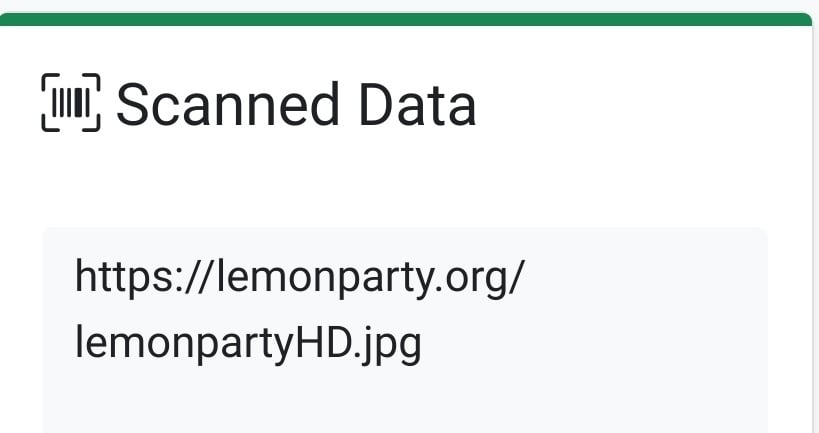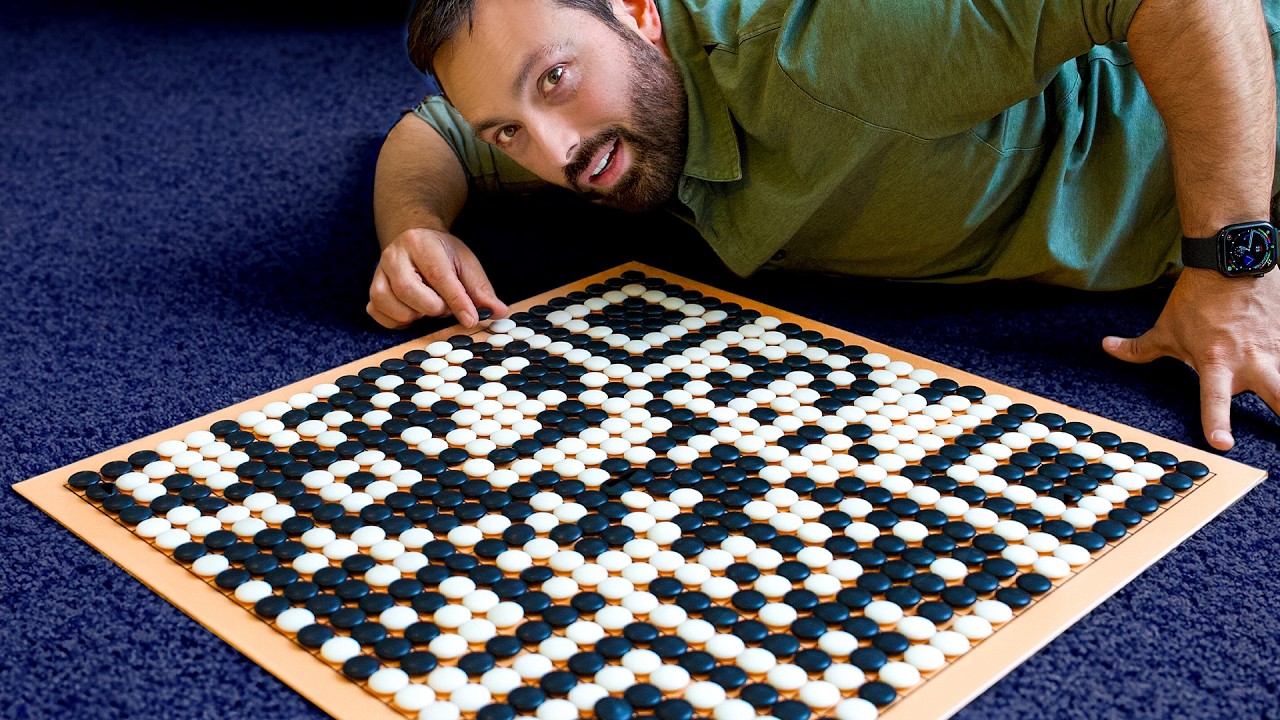A video that explains how information on a QR codes is stored.
I loved QRs since the first time I learned about them and couldn’t stop thinking on the artistic possibilities they could had, and was really frustrated that nobody, except me and my nerd friends used them. But at that time, you needed to download an special app to use them and the normal ones on android had ads on them (yikes), no idea how it was on iPhone. But then it was implemented by default on phone cameras and it felt great.
I feel the same. When I learned about them, I used them for easy access (although a third party app was necessary at the time) to certain websites: I have several house plants at home. I made little signs with the latin name of the plant and a QR code that leads me to a website where care instructions are shown (how many times the plant has to be watered, how much of sunlight these plants have to be exposed to, etc.). It came handy sometimes, especially when leafes were turning yellow. Care instructions could be looked up easily.
Also on business cards: On the back side of my business card there is a QR code that - when scanned - puts the contact information into the adress book. This came in handy a few times when you have to work with workers at a construction site.
I think the major breakthrough came with the Covid pandemic, where these codes were everywhere. Also, later phones do not require a third party app which lowers the entry bar to make use of these codes significantly.
What I don’t like is that restaurants start to use them exclusively, as a substitute for a printed menu.
I wrote a qr clock to help me learn GWT. Still running, too.
that is cool.
Removed by mod
I’m very glad I replaced my auto-open QR code app (At the recommendation of someone here) with one that shows you the preview link…

For anyone unaware, this is porn. Old gay threesome porn. Maybe someone here wants to look at that idk.
Maybe just this once, for old time’s sake.
They’re replacing the ol’ EAN / UPC barcode on products too starting in 2027. IBN Link
I haven’t heard of an actual direct initiative here, that 2027 date sounds more like marketing for IBN than an actual industry-wide push. Walmart is banking on RFID, for example.
Oh, it is. GS1 are driving it and by 2027 all retailers around the world are expected to be able to scan the QR code at checkout instead of a traditional barcode image.
GS1 call it 2D Barcode. It’s a QR code that embeds a GTIN https://www.gs1.org/industries/retail/2D-barcodes
the embedded link goes to a resolver, the functionality of which they have released so anyone can build their own resolver system.
I still haven’t heard of anything in this space, as a part of an NCR dealer with ~170 independently owned grocery stores as customers. A fair amount of them don’t have imaging scanners, and the scanners they do have can’t scan QR. Not saying it’s not happening, but I am strongly skeptical that the industry is switching away from UPC/EAN as a whole *by that date.
2027 is a sunrise date, meaning retailers are expected to have updated their checkouts to support scanning the 2D Barcodes.
Industry has set a date to make the transition to accepting 2D barcodes at point-of-sale (POS) or point-of-care (POC) — referred to as Sunrise 2027. By the end of 2027, retailers would need to ensure their POS systems are equipped with scanners capable of reading both traditional barcodes and 2D barcodes. The shift has already begun with the new technology being tested in 48 countries across the world, representing 88% of the world’s GDP.
https://www.gs1us.org/industries-and-insights/by-topic/sunrise-2027
I sell GTINs in multiple countries that are already trialing 2D barcodes.
With apologies to the rest of the industry, boots on the ground equipment reseller-wise: Upgrading scanner scales costs us ~$1,800/lane/store for a 7895 before our markup (and I don’t know the actual figures, I’m not a money guy), and we barely convinced store owners that EMV was needed because of the liability shift. I’m skeptical that UPCA is going away entirely, and would expect GTINs to be more complimentary than anything.
We’re having a hell of a time convincing people to get off of POS applications that were sold ~10 years ago running Windows Server 2008 R2 and an app that is just recently past its support cutoff. They would need to completely replace their POS in order to upgrade.
Used to write software for reading QR Codes, and it was a fascinating process, dealing with increasingly bad customer images. They’re pretty resilient though!
Yeah, they were cool until they became a security risk.
This video is recommended by Tournesol community:
[31🌻] Veritasium: How do QR codes work? (I built one myself to find out)#Tournesol is an open-source web tool made by a non profit organization, evaluating the overall quality of videos to fight against misinformation and dangerous content.
Does anyone know of a qr code generator that allows you to choose which mask to use?
I’ve used this one before, it’s fairly configurable.
https://www.nayuki.io/page/qr-code-generator-library#live-demo-javascript
I have an F-Droid app called IWS QR that let you choose that, it’s also let ypu choose the error correction and other options too.
Not that I know of. I think they automatically use the mask that works “best” while these codes are generated. I have tried some (free) QR code generators and there is no hint that the mask can be choosed.
If you have Affinity Designer 2, you are able to generate QR codes within the software. No need to sign up for a free one. But when creating a QR code with Affinity, there is no option to choose the mask.







